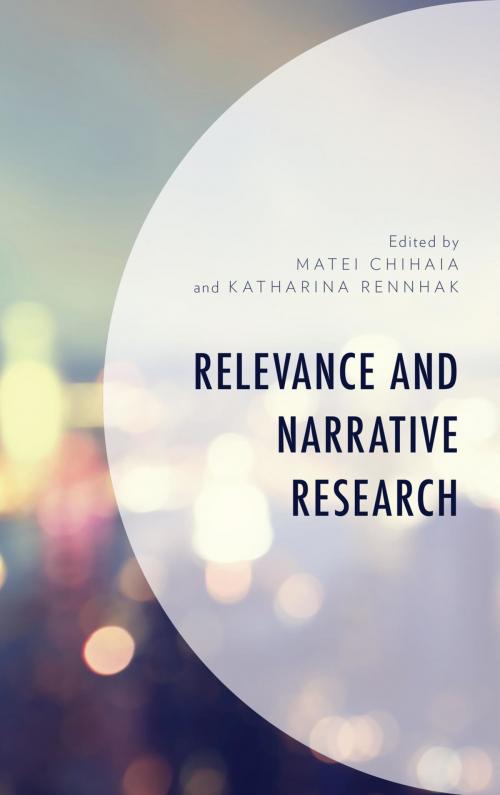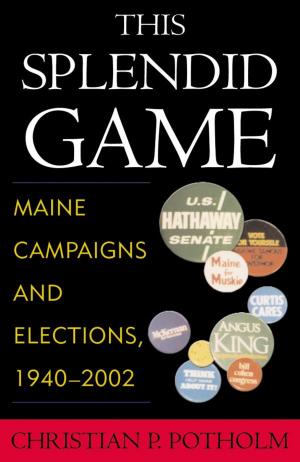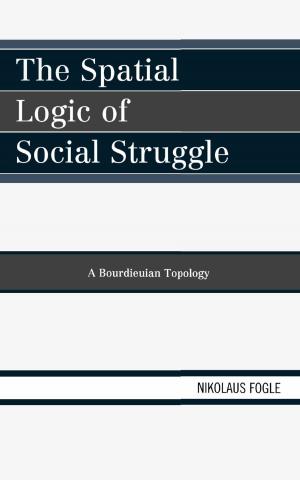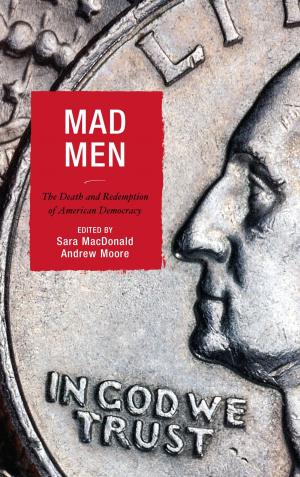| Author: | Raphaël Baroni, Carsten Breul, Matei Chihaia, Elke D'hoker, Sebastian Domsch, Luis Galván, Sonja Klimek, Susan Lanser, Andreas Mahler, Michael Ranta, Katharina Rennhak, Susanne Schlünder | ISBN: | 9781498586832 |
| Publisher: | Lexington Books | Publication: | March 28, 2019 |
| Imprint: | Lexington Books | Language: | English |
| Author: | Raphaël Baroni, Carsten Breul, Matei Chihaia, Elke D'hoker, Sebastian Domsch, Luis Galván, Sonja Klimek, Susan Lanser, Andreas Mahler, Michael Ranta, Katharina Rennhak, Susanne Schlünder |
| ISBN: | 9781498586832 |
| Publisher: | Lexington Books |
| Publication: | March 28, 2019 |
| Imprint: | Lexington Books |
| Language: | English |
“Relevance” is one of the most widely used buzz words in academic and other socio-political discourses and institutions today, which constantly ask us to “be relevant.” To date, there is no profound scholarly conceptualization of the term, however, which is widely accepted in the humanities. Relevance and Narrative Research closes this gap by initiating a discussion which turns the vaguely defined evaluative tool “relevance” into an object of study. The contributors to this volume do so by firmly situating questions of relevance in the context of narrative theory. Briefly put, they ask either “What can ‘relevance’ do for narrative research?” or “What can narrative research do for better understanding ‘relevance?’” or both. The basic assumption is that relevance is a relational term. Further assuming that most (if not all) relations which human beings encounter within their cultures are narratively constructed, the contributors to this volume suggest that reflections on narrative and narrative research are fundamental to any endeavor to conceptualize notions of “relevance.”
“Relevance” is one of the most widely used buzz words in academic and other socio-political discourses and institutions today, which constantly ask us to “be relevant.” To date, there is no profound scholarly conceptualization of the term, however, which is widely accepted in the humanities. Relevance and Narrative Research closes this gap by initiating a discussion which turns the vaguely defined evaluative tool “relevance” into an object of study. The contributors to this volume do so by firmly situating questions of relevance in the context of narrative theory. Briefly put, they ask either “What can ‘relevance’ do for narrative research?” or “What can narrative research do for better understanding ‘relevance?’” or both. The basic assumption is that relevance is a relational term. Further assuming that most (if not all) relations which human beings encounter within their cultures are narratively constructed, the contributors to this volume suggest that reflections on narrative and narrative research are fundamental to any endeavor to conceptualize notions of “relevance.”















